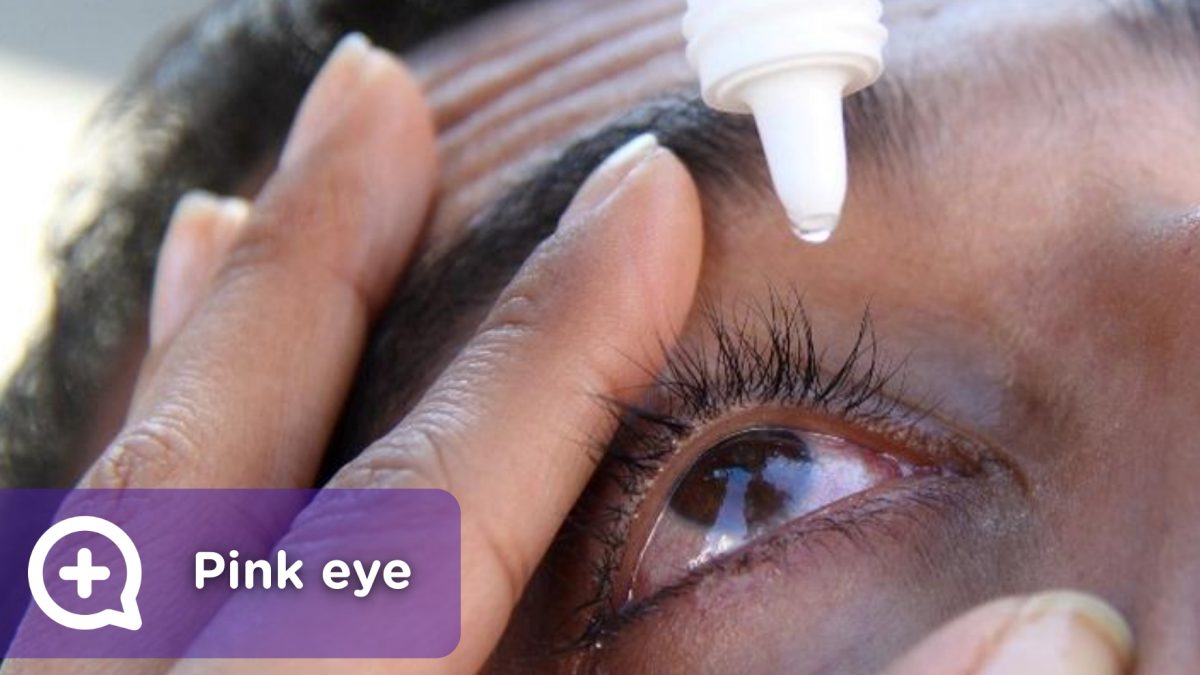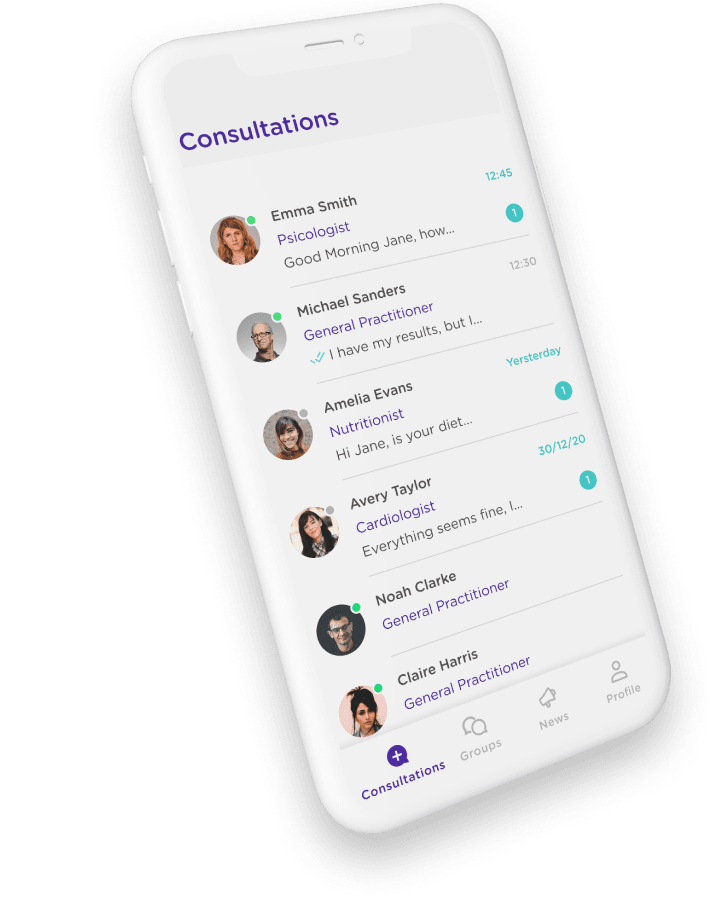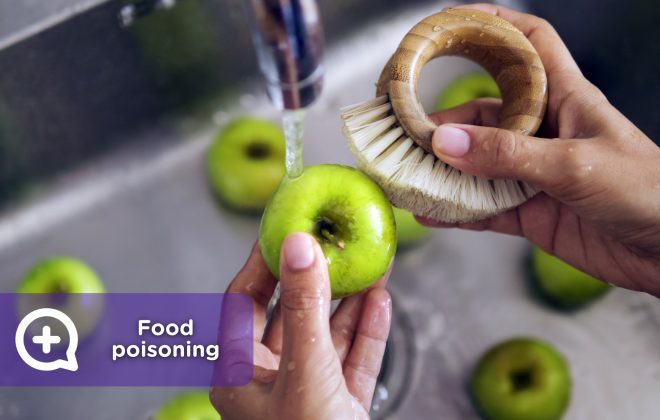This summer, you not only have to be careful with the heat, the sun and food, but pink eye can come surprise you as well and “steal” a couple of your vacation days. It is one of the most common eye infections and is not life threatening. Pink eye is contracted through simple contact with other microorganisms present in water (viruses and bacteria), both in swimming pools and the sea and rivers, as well as through the pollen in the air.
What is pink eye?
It is an inflammation of the conjunctiva, the transparent membrane that covers the white part of the eye and the inside of the eyelids, and which serves to protect our eye.
There are different types of pink eye and each has its causes:
- Infectious: it is spread by direct or indirect contact with the liquid in the eyes. In turn, it can be:
- Viral: it is the most common and is caused by viruses such as adenovirus.
- Bacterial: it is less common. Children are the most vulnerable to this type of infection. Pneumococci and staphylococci, among others, are some of the bacteria that most commonly produce conjunctivitis. Dirty contact lenses can also cause it.
- Allergic: appears when your eyes are exposed to some substance that you are allergic to, such as pollen, dust mites, etc. It is not contagious and is often accompanied by other diseases such as rhinitis.
- By irritation: occurs through the use of cosmetics or exposure to substances such as solvents.
It is easy to tell if you have conjunctivitis since the most notorious symptom is the so-called pink eye, generated by the inflammation of the small blood vessels of the conjunctiva. In addition, you may have these other symptoms:
- More tears
- Itching and irritation in the eyes
- Eye discharge that may be transparent, yellow, white or greenish
- Feeling of having sand in the eyes
- A lot of “eye boogers” on the eyelids and eyelashes, especially when you wake up in the morning
- Inability to wear contact lenses
In the majority of cases, pink eye is mild. It does not affect your vision and will resolve itself without treatment. It usually begins in one eye and often spreads to the other. You can relieve the symptoms by putting cold compresses over your eyes and clearing them in the morning with a gauze soaked in cold tea. Do not wear contact lenses while you have the infection.
When should I go to the ophthalmologist?
If the symptoms last more than 24 hours or if you feel:
- Pain in the eye
- Extreme sensitivity to light
- Increased redness in the eye
The doctor may recommend the application of eye drops, and also artificial tears, to treat bacterial and allergic conjunctivitis.
Follow these tips to reduce the chances of infection:
- Wash your hands frequently
- Avoid rubbing your eyes
- Do not share makeup, contact lenses, eye drops or glasses
- Wear goggles to swim
- Do not share towels with other people
- Wear sunglasses to protect yourself from dust, sand and other particles
*Content validated by the mediQuo medical team.



